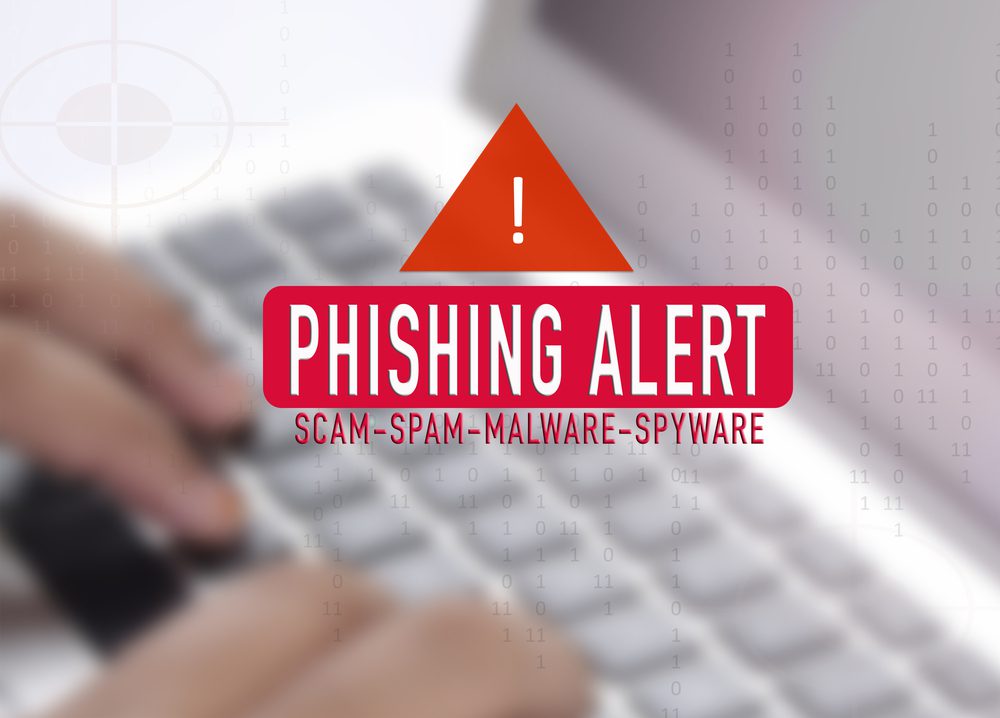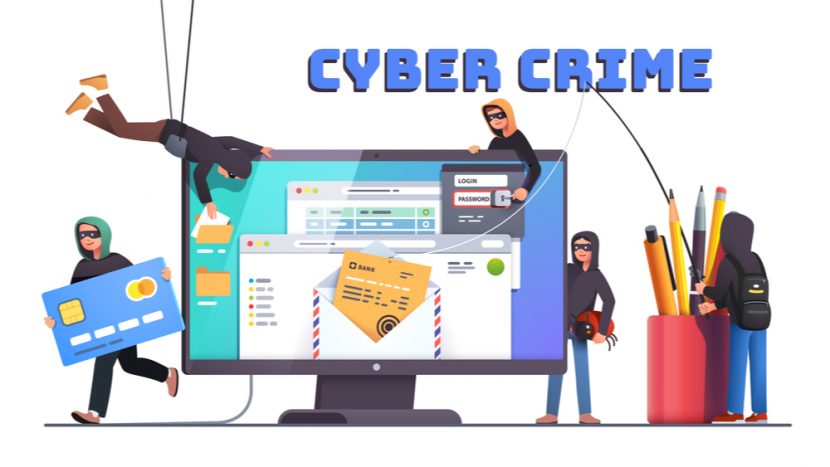Since the dawn of the internet, there has been an ongoing battle between those who protect it and those trying to exploit its vulnerabilities. Now, more than ever with the rush of new gadgets that link into your network, it is even more important to remain vigilant against phishing attacks.
Hackers used to be only after financial gain through credit card fraud or stealing online banking credentials. However, things have changed over time. Today, hackers are increasingly using a disguised email as a weapon. They do this to break into networks for a number of reasons.
For businesses, a major threat of phishing is payment redirects. Hackers will pose as a company or vendor that you pay and move future payments to their accounts. Another phishing issue for businesses is ransomware. Scammers will trick you or your staff into downloading and installing software that will lock your files. They will agree to unlock your data once they have received the sum that they have requested.
This article will aim to help Long Island businesses to protect their data from phishing.
What is Phishing?
Phishing is an attempt by cybercriminals to trick you into giving them your sensitive information. This includes account credentials and other personal information that can be used for malicious purposes.
A typical phishing attack begins when users receive emails with attachments or links which need to be opened. These emails are often disguised as something that is urgent or important like invoices, receipts or messages from banks.
In a business setting, these emails are more difficult to decipher. This is because employees are used to receiving emails from people that they do not know. Additionally, the urgency of these phishing emails may cause a worker to click links without considering that it may be a spam email.
How Can Phishing Impact Your Business?
Phishing can impact your business in a variety of ways.
1) Reputation damage: employees believing the messages and clicking on harmful links or downloading infected files
2) Data loss: hackers accessing databases containing sensitive information such as financial, health records, etc.
3) Financial loss: hackers stealing company funds through wire transfers to personal accounts
4) Denial of service/Distributed Denial of Service (DDoS) attacks: which is when an individual or organization’s server is overloaded with requests for information, essentially shutting down their operations completely by preventing anyone from getting any serve what so ever.
Who Is Most at Risk?
All types of companies are susceptible to being hacked however there are specific businesses that are more at risk than others. Small businesses are more at risk because they don’t have the security that big corporations have.
Another company that is more susceptible to hacking is ones with an online storefront. These stores use eCommerce software, which leaves their systems open for attacks. Unlike computers, websites store customers’ personal information. Hackers will target these websites because it gives them access to names, addresses, credit card numbers and passwords. It also gives them customer’s email address which could increase the amount of phishing emails being sent out by the attackers.
How an IT Company Can Help Protect You From Phishing Scams
A professional IT company can install and manage security software. This is the first line of defense against phishing scams.
Next, an IT company will ensure that all of the softwares your company uses are up to date. Software updates tend to include security patches, which will decrease your chances of a phishing scam.
For businesses that have a lot of remote workers, there are some system security tricks an IT company will provide to you. Things like utilizing a VPN and secure remote access will help protect your data.
Another benefit of using a professional IT company is that they will schedule regular backups. In addition, your company should have a thorough backup recovery plan. In the event of an emergency, your data will be fully recoverable.
How Your Employees Can Help Avoid Phishing Emails
The most effective way that your employees can avoid phishing scams is to take an active role in knowing what your company does online. Regular staff meetings are helpful. Make sure they are all on the same page as far as what your company’s policies are for using email, browsers, social sites, etc.
When possible, have two-step authentication methods enabled wherever it is available.
What does a Phishing Email Look Like?
Here are some common details that should alert you to a phishing email:
1) They come from email addresses that look like your own
2) Email addresses with wrong spelling and grammar
3) Subjects have no clear purpose
4) Clear misspellings in the email body
Additionally, you may have a client whose email is hacked and there are phishing emails being sent from them. This is more difficult to decipher, however you need to exercise good judgement when receiving links and attachments. For instance: if an existing client that doesn’t communicate often or has no reason to send you a file, double check with them that the email you have received is legit.

Ready to Get Started with IT System Security?
The scammers are getting more sophisticated, and it’s hard to tell when they might strike. But you don’t have to be the next victim in their game of cat-and-mouse. We can help you protect all your systems with our IT system security services.

